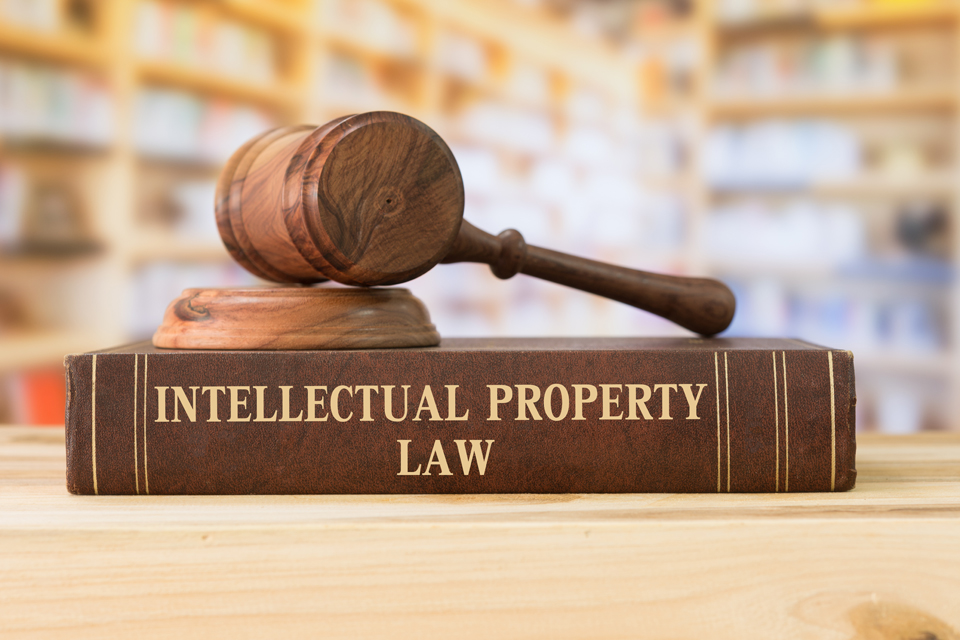Navigating the Complex Terrain of Intellectual Property: The Role of an IP Litigation Attorney
In today’s fast-paced, technology-driven world, intellectual property (IP) has become a valuable asset for businesses and individuals alike. From innovative start-ups to established corporations, protecting intellectual property rights is essential for fostering innovation and maintaining a competitive edge in the market. However, disputes related to IP rights are not uncommon. This is where the expertise of an IP litigation attorney comes into play, serving as a guiding light through the complex legal landscape of intellectual property.
IP Litigation Attorney

1. The Crucial Role of an IP Litigation Attorney
IP litigation attorneys are legal professionals specialized in handling disputes related to patents, trademarks, copyrights, and trade secrets. Their primary role involves representing clients in court, protecting their intellectual property rights, and ensuring that their innovations and creative works are safeguarded from infringement.
2. Expertise in Diverse Areas of Intellectual Property
IP litigation attorneys possess in-depth knowledge of various areas within intellectual property law. They are well-versed in patent law, which includes protecting inventions and processes, as well as trademark law, safeguarding brand identities. Additionally, they have a deep understanding of copyright law, governing literary, artistic, and musical works, and trade secret law, which protects confidential business information.
3. Navigating the Legal Process
IP litigation attorneys guide their clients through the legal process, starting from filing the lawsuit to representing them in court. They conduct extensive research to build a strong case, gather evidence, and formulate legal strategies to protect their clients’ interests. Their expertise allows them to navigate the complexities of IP laws, ensuring that their clients’ cases are presented effectively in the courtroom.
4. Alternative Dispute Resolution
In addition to courtroom representation, IP litigation attorneys are skilled in alternative dispute resolution methods such as mediation and arbitration. These methods can offer faster and more cost-effective solutions for resolving IP disputes outside the courtroom, and attorneys help clients decide the best course of action based on the specific circumstances of their case.
5. Protecting Innovations and Creativity
The work of IP litigation attorneys is instrumental in fostering innovation and creativity. By safeguarding intellectual property rights, they encourage inventors, entrepreneurs, and artists to continue pushing the boundaries of what is possible, knowing that their creations are legally protected. This, in turn, drives economic growth and technological advancement.
6. IP Litigation Attorney:
Finding the right IP litigation attorney is crucial to ensuring the protection of your intellectual property rights. Here are some tips to help you find the best IP litigation attorney for your needs:
7. Identify Your Needs:
Determine the specific type of intellectual property issue you are facing. Whether it’s patent, trademark, copyright, or trade secret litigation, look for an attorney with expertise in the relevant field.
8. Experience and Expertise:
Look for an attorney who specializes in IP law and has a significant amount of experience in handling litigation cases similar to yours. Check their track record and the outcomes of their previous cases.
9. Reputation and References:
Research the attorney’s reputation in the legal community. Read client testimonials and ask for references. A good attorney will have positive reviews and satisfied clients.
10. Credentials:
Ensure the attorney is licensed and in good standing with the bar association. Look for additional certifications or memberships in professional organizations related to intellectual property law.
11. Communication Skills:
Effective communication is key in legal matters. Choose an attorney who listens to your concerns, explains complex legal concepts clearly, and keeps you informed about the progress of your case.
12. Availability:
Consider the attorney’s workload and availability. You want someone who can dedicate enough time and attention to your case, especially if it’s complex and requires thorough research and preparation.
13. Fee Structure:
Understand the attorney’s fee structure beforehand. Some attorneys charge hourly rates, while others work on a contingency basis or offer flat fees for specific services. Make sure you are clear about the costs involved.
14. Collaborative Approach:
Choose an attorney who is willing to work collaboratively with you. A good attorney will value your input and involve you in the decision-making process, especially when strategizing your case.
15. Network and Resources:
A well-connected attorney often has access to a network of experts, investigators, and other resources that can strengthen your case. Inquire about their professional network and resources.
16. Trust Your Instincts:
Lastly, trust your instincts. If you feel comfortable and confident in the attorney’s abilities after the initial consultation, it’s a positive sign. Establishing trust and a good working relationship is crucial for the success of your case.
IP Litigation Attorney:
Remember to conduct thorough research, ask questions during the initial consultation, and take your time to make an informed decision. Hiring the right IP litigation attorney can make a significant difference in the outcome of your case.
Conclusion
In the dynamic world of intellectual property, where innovation and creativity are paramount, IP litigation attorneys play a pivotal role. Their expertise, dedication, and commitment to protecting their clients’ intellectual property rights ensure that the wheels of progress keep turning. As businesses and individuals continue to invest in innovation, the guidance of these specialized legal professionals remains indispensable, shaping a future where intellectual property rights are respected and creativity knows no bounds.